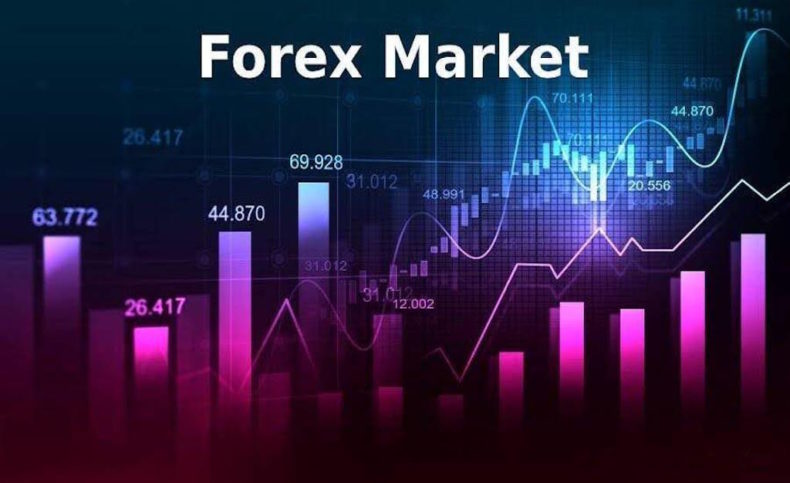Forex is one of the most optimal tools to put money to use and bring profit. With the Forex market being accessible from any device with an Internet connection, the trade itself is rather complicated and requires proper diligence and strategy. Moreover, the Forex market always changes, thus, it is important to be always aware of all the updates, regulations, and approaches to trade, to make the most of it.
How does it all start and what should novices do to enter the Forex market? Let’s explore together.
How to get started as a Forex trader?
Proper preparation prevents poor performance.
1. Educate yourself
Novice traders should get as much information as possible from all the available sources – videos, guides, educational courses, and articles. They will all help form a unified vision of the Forex market, its characteristics, performance, and risks.
Initially, it is best to immerse fully into the world of trade and take advantage of every chance to get new information. Aiming to track the learning pass, it’s worth starting a learning journal with the outline of all the topics to cover, and notes regarding every specific topic, and Forex lingo.
2. Choose a Forex broker
Forex broker is an intermediary between the trader and the Forex market. When googling ‘the best forex broker’ every trader-to-be will be given a tremendous choice of options. Among the most important characteristics of the Forex broker are:
- Regulatory policies
Among all the brokers shown on the list, just a few of them are reliable and certified by globally recognizable regulatory bodies like the Cyprus Securities and Exchange Commission, The Financial Conduct Authority, ASIC, Malta Financial Services Authority, The CFTC, AMF, etc. There is also local authority, different per each county. Therefore it’s worth checking on the broker’s website.
- Platforms
There are two major platforms for performing Forex trade – MetaTrader 4 and MetaTrader5 (MT4 and MT5). It is better to choose the broker with both options, as MT4 will be a good starter with its relatively simple set of functions, and MT5 will mark the trader’s growth, as it’s a multi-asset platform that extends trading opportunities.
- Educational materials
The brokers-to-choose should also offer learning materials and news regarding the market, like forex news from Justmarkets, as it allows traders to use only one comprehensive source of information, without the need to migrate from one website to another.
- Fees
It is important to study the pricing of every broker to avoid being fooled by hidden payments. Transparent fees and commissions are one of the signs of reliability; over- and under-priced services of brokers should be avoided.
3. Use a demo account
A demo account is one of the best options to try before starting a real trade. It allows traders to see how the market functions without trading, and thus risking their own money. Demo accounts are typically offered by the majority of brokers, to attract new users, so why not use this chance?
4. Try copy trading
Copy trading is one of the latest Forex developments, which is the best fit for novice traders. It allows inexperienced traders to follow the deals of professional traders, thus, learning the market ‘behavior’ and making first Forex money without risking money.
Copy trading doesn’t come for free, it will also require additional payment, yet, the practice and skills it helps to get will make up for all additional expenses.
5. Risk management
Forex is a profitable venture, yet, money always involves risk. It is important to elaborate on risk management strategy to avoid financial losses and debts, instead of enrichment. There are a few important details to consider:
- SL – Stop Loss – a lifesaver, as it helps to leave the losing position without risking all the available funds. ‘Stop loss’ reacts automatically, depending on the risk percent (usually, 1-2%).
- TP – Target Profit – allows the trader to create a target price to exit the position for a gain.
Risk management is especially important for traders who can easily get excited over the trade, as it helps them to stay within safety limits with no financial losses.
The bottom line
Forex is a key to financial stability; it allows traders to stay on top of global and local inflation, turning their money savings into a stable increasing income. However, before things get settled and clear, every trader-to-be needs to learn the Forex world through and through, as it is the best risk-proof approach.
The Forex market is non-stoppable, therefore, there is no limit to knowledge and education. Careful and strategic thinking, decent preparation, observation, and analysis will help traders to elaborate on their trading style and make a profit with Forex.






